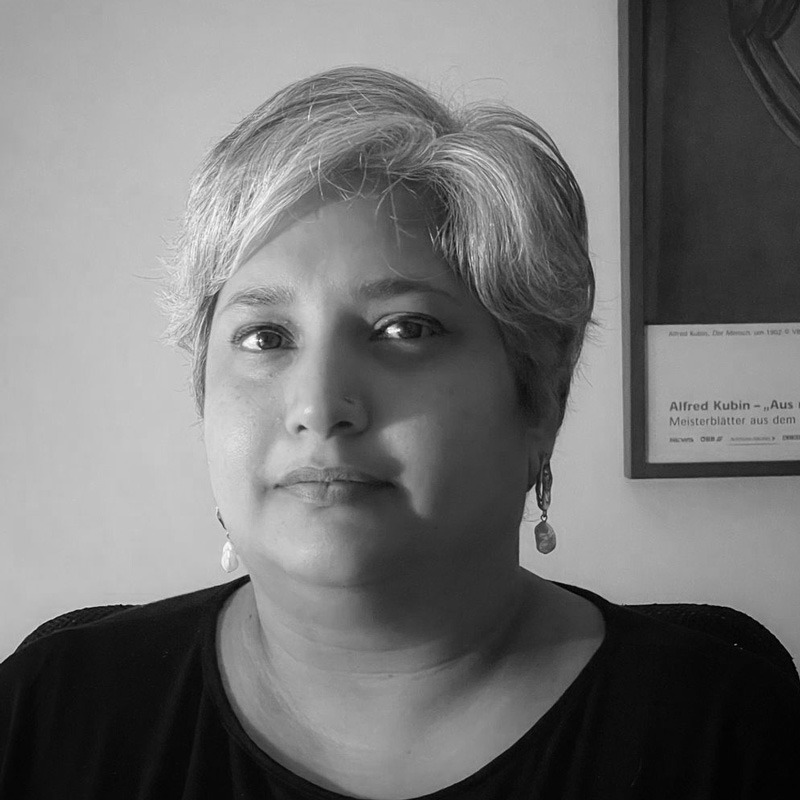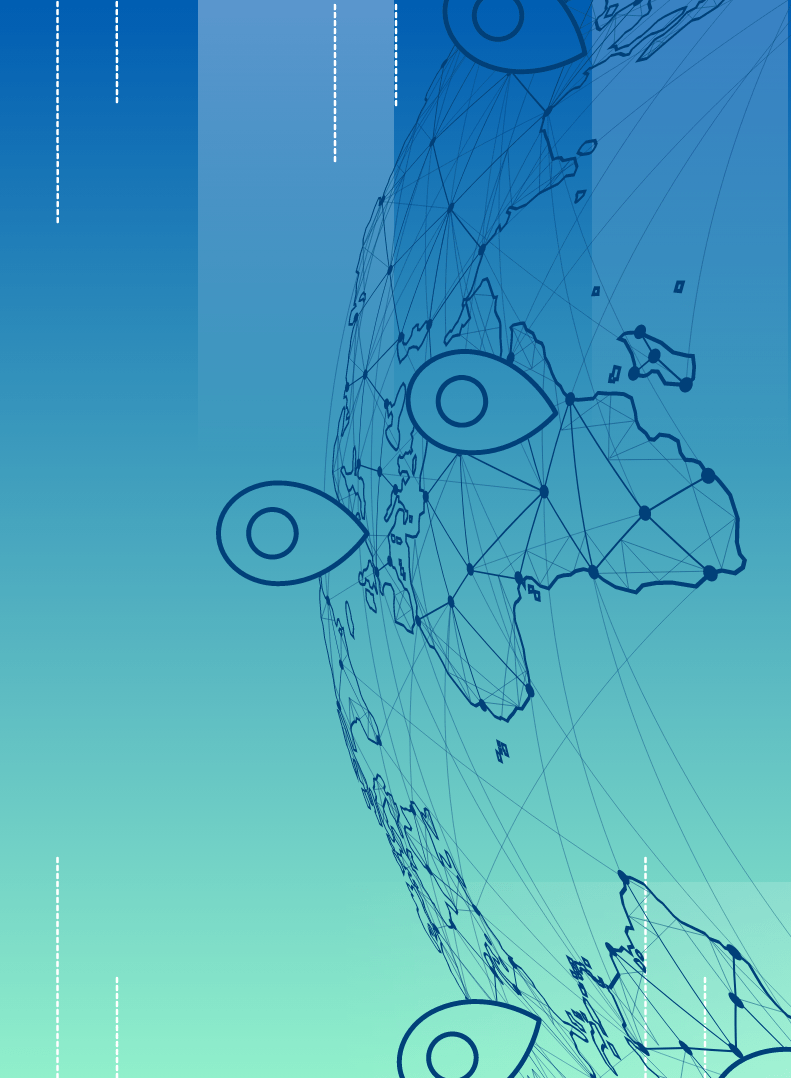

The credibility of Pakistan’s National Elections is under siege
Anushree Majumdar
On February 8, 2024, roughly 127 million people will head to the polls in Pakistan. With Imran Khan, the former premier, in jail and the military-backed state cracking down on dissenters, there is no real semblance of free and fair elections. The tumultuous situation has featured candidate suppression, media bans, and imprisonment — but AI has offered Khan a way to fight back.
In 2018, when Imran Khan and his party, Pakistan Tehreek-i-Insaf (PTI), came to power, political analysts, journalists and fact-checkers called it the “dirtiest election” in recent history. Misinformation and disinformation campaigns ran rampant while the media, both print and television, were muzzled by the military, an establishment that has interfered with democratic processes in the South Asian country since 1958, when General Ayub Khan became Pakistan’s second President after staging a coup. Since then, the head of state has oscillated between civilian and military candidates, but the shadow of the Pakistani armed forces has loomed large over every aspect of governance, both domestic as well as foreign policy, for the past 65 years.
By April 2021, the tide had turned against Khan. He publicly criticized the military leadership, and even accused them of an assassination plot against him; and he was ousted from his position as Prime Minister after losing a no-confidence vote in parliament. In May 2023, Khan was arrested on corruption charges and in August, a court in the capital city of Islamabad sentenced him to three years in jail and disqualified him from politics on the charges of “corrupt practices” including the sale of state gifts. With the collapse of the government, elections were called for in November, and a tentative date was set in January. After several delays, approximately 127 million registered voters will participate in the 12th general elections taking place on February 8, 2024 — and there appears to be no semblance of it being a free and fair process.
Second chances and candidate suppression
Battling for the highest office in the country are two parties: the Pakistan Muslim League (N) (PML-N), led by former Prime Minister Nawaz Sharif; and the Pakistan People’s Party (PPP), led by the former Foreign Minister Bilawal Bhutto Zardari. Three-time Prime Minister Sharif is no stranger to the mercurial and volatile nature of Pakistani politics and the military’s involvement — a decade ago, he was the Prime Minister hoping to win another term in the general elections of 2018, when he was ousted from his premiership for concealing his assets in April 2017. Along with his daughter Maryam, he was sentenced to jail for 10 years on corruption charges. In 2018, Sharif travelled to London on bail for medical treatment but absconded from the authorities. Last October, he returned to Pakistan — the corruption charges against him were dropped, his lifetime ban from politics overturned, thus allowing the 74-year-old political veteran to campaign for the post of the Prime Minister for a fourth time. Sharif had been at receiving end of the military’s umbrage but this election, he has garnered their support.
On January 30, 2024, Khan was sentenced to 10 years in prison for “leaking state secrets” — the latest blow to the PTI from the military-backed caretaker government led by Prime Minister Anwaar-ul-Haq Kakar. Since last year, Khan, who is imprisoned, and his party have faced hurdles that have made it nearly impossible for the PTI to contest elections. In the run-up to the elections, PTI workers have been arrested, several party leaders have resigned, gone underground, or defected to other parties, and Khan’s name has been blocked from appearing in mainstream media. Despite facing nearly 200 court cases, the 71-year-old former cricketer-turned-politician is the country’s most popular candidate. Yet, the Election Commission of Pakistan (ECP) has rejected nomination papers filed by Khan and other members of the PTI and has allegedly redrawn constituency boundary lines in a way that will benefit his opponents, a move that has been decried by local politicians, the public and even some members of the opposition.
Lack of oversight and human rights concerns
Since the beginning of the year, human rights activists have been raising their concerns about the unprecedented undemocratic tactics that have been propagated in the upcoming election; namely those that ensure that the most outspoken critics of the state are out of the running. “This has assumed a familiar pattern, including arrests of party workers and supporters, lack of transparency concerning the charges involved, crackdowns on party workers’ right to peaceful assembly, enforced disappearances, obvious signs of pressure on party leaders to resign or exit politics altogether and, most recently, the large-scale rejection of candidates’ nomination papers,” said Munizae Jahangir, co-chairperson of the Human Rights Commission of Pakistan, an independent body, in a press conference in Islamabad.
Jahangir and other election monitors are raising the issue of “informed choice”, a key element of what constitutes a truly democratic election process. When parties campaign before the polls, they are tasked with educating the population on the grounds on which they are fighting the election, share their party manifesto, inform the public about their candidates, and guide the citizens on their symbols and ways in which they can cast their ballot. The ECP has not been transparent in carrying out its decisions; and the crackdown by the state against PTI has shaken the confidence of the Pakistani public when it comes to participating in the upcoming elections.
Voter disenfranchisement
PTI is also embroiled in a legal battle with the election watchdog over its party symbol, a cricket bat — a reference to Khan’s captaincy when he led the Pakistani cricket team to win their only World Cup in 1992. In November 2023, the ECP disallowed PTI to use its iconic symbol for campaign purposes, stating that the party did not hold internal elections that are required by law. To comply with that directive, Gohar Ali Khan, a barrister and a political rookie, was elected as the chairman of the party. But the cricket bat remains missing from play, and in a country where the adult literacy rate is 58%, this is proving to be a devastating situation for PTI. Illiterate voters rely on symbols to identify the party they want to choose on the ballot — the absence of a symbol has far-reaching consequences that not only impact PTI’s political future but also set a precedent for the disenfranchisement of a large section of the population when it comes to democratic processes.
PTI has now taken to social media and have been working on a portal that shows voters the names and updated symbols of the party’s candidates. But what kind of success can this outreach initiative have in a country where only one in two Pakistanis owns a smartphone with internet access? Many Pakistani women do not have easy access to a mobile phone for social, economic, religious, and cultural reasons. According to the Inclusive Internet Index (III) Report published by The Economist’s Intelligence Unit in 2020, the gender gap in Internet access between men and women was measured at 65 percent, and gender gap in mobile phone access was reported to be 51 percent.
This kind of digital divide makes the Pakistani population, especially the voting public, susceptible to misinformation, caused by factors including those mentioned above; and disinformation, which is perpetuated by state-sponsored malign actors and politicians who take advantage of the politically unstable situation in Pakistan.
The advent of AI in Pakistani politics
The 2024 election is possibly the first time Artificial Intelligence (AI) has entered the fray in the Pakistani political landscape. On December 17, 2023, PTI held an online rally on YouTube that lasted approximately seven hours and featured a short clip that used AI technology to mimic Khan’s voice, allowing the politician to deliver a rousing speech even though he is banned from campaigning for the elections. While the stunt, viewed by over 1.4 million people online, can be perceived as Khan fighting back from behind bars, there is no doubt that AI-generated content, audio such as this example, and Deep Fake videos can be used to sway public opinion; especially of the younger demographic of voters between the ages of 18 and 35, who are online but can fall prey to what journalists call MDM — Misinformation, Disinformation and Malinformation.
In May 2023, Pakistan drafted a national AI policy, but digital rights activists have pointed out the lack of protection against disinformation that attacks minority and marginalized communities, including women. In the previous election, the disinformation was centred around the rigging of votes at polling stations, false information about the personal lives of candidates, the declaration of fake results. This time, the concern is about pre-poll rigging, and the physical and digital throttling of PTI and Khan as a whole. But synthetic media can be the gamechanger, and if not monitored, it can mushroom steadily enough to influence voter behaviour, foster inherent tensions between communities, and determine the course of future elections.
Independent fact-checking is key – and challenging
Fact checkers and journalists are working overtime to track every aspect of the upcoming elections. “We are working on verifying several misinformation campaigns, live. We are trying to highlight and study that can be drawn between election campaigns of the previous years and election campaigns for next month,” says Areeba Fatima of Soch Fact Check, Pakistan’s only homegrown IFCN (International Fact-Checking Network) signatory fact-checking organisation. She adds, “The most noticeable trend is the maleficent misinformation campaigns and slander targeted against Khan and PTI, and also a disproportionate amount of resources that are being pumped into these campaigns .”
Khan is proving to be Pakistani military’s most stubborn and formidable opponent in recent times. After news broke of the latest jail term a week before the elections, political analysts and journalists took to social media and news platforms to discuss the two likely outcomes of the sentencing. First, the “cipher trial” which was held behind closed doors validates Khan’s claims that the military has manipulated the judiciary and is punishing him for speaking against their hold over Pakistani politics and foreign policy; this is likely to boost his party’s standing on February 8, which may see scores of Khan’s supporters reach the polling stations. Second, the judgement could further polarize the Pakistani voting public, who are already divided on party lines, and the destabilization of the country, both politically and economically, will continue for another five years.




